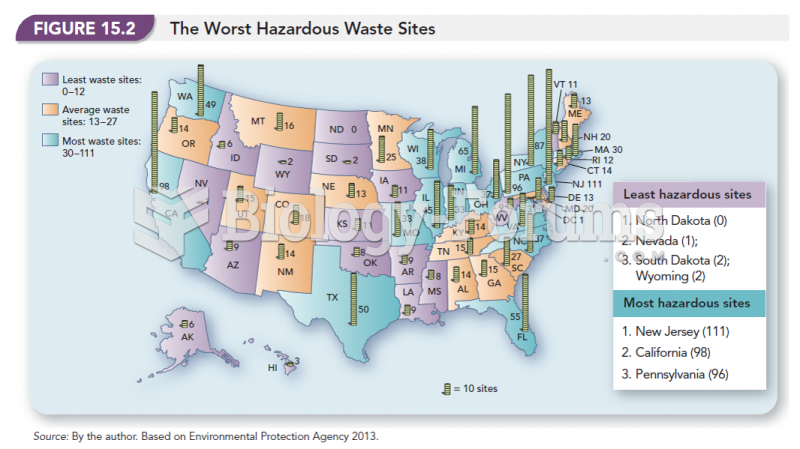Answer to Question 1
ANS: B
Erikson's (1982) model of psychosocial development is used to describe older adult psychosocial development. His is one of the only developmental models that specifically addresses later adulthood (> 60 years) as a stage of ego development. Erikson portrays the maturational crisis of old age as that of ego integrity versus ego despair. Awareness of one's personal mortality leads to the psychosocial crisis identified with this last stage of ego development. Ego despair describes the failure of a person to accept one's life as appropriate and meaningful. Left unresolved, despair leads to feelings of emotional desolation and bitterness. Ego integrity relates to the capacity of older adults to look back on their lives with satisfaction and few regrets, coupled with a willingness to let the next generation carry on their legacy. Lack of generativity and isolation are not stages found in the older adult client.
Answer to Question 2
ANS: C
Play materials vary with the age and developmental status of the child. Simple, large toys are used with young children; more intricate playthings are used with older preschoolers. Clay, crayons, and paper become modes of expression for important feelings and thoughts about problems. Play can be the nurse's primary tool for assessing preschool children's perceptions about their hospital experience, their anxieties, and their fears. Play can increase their coping ability. Simple explanations reduce the child's anxiety. No child should ever be left to figure out what is happening without some type of simple explanation. Assigning the same caregiver reduces insecurity. The preschooler lacks a suitable vocabulary to express complex thoughts and feelings.







